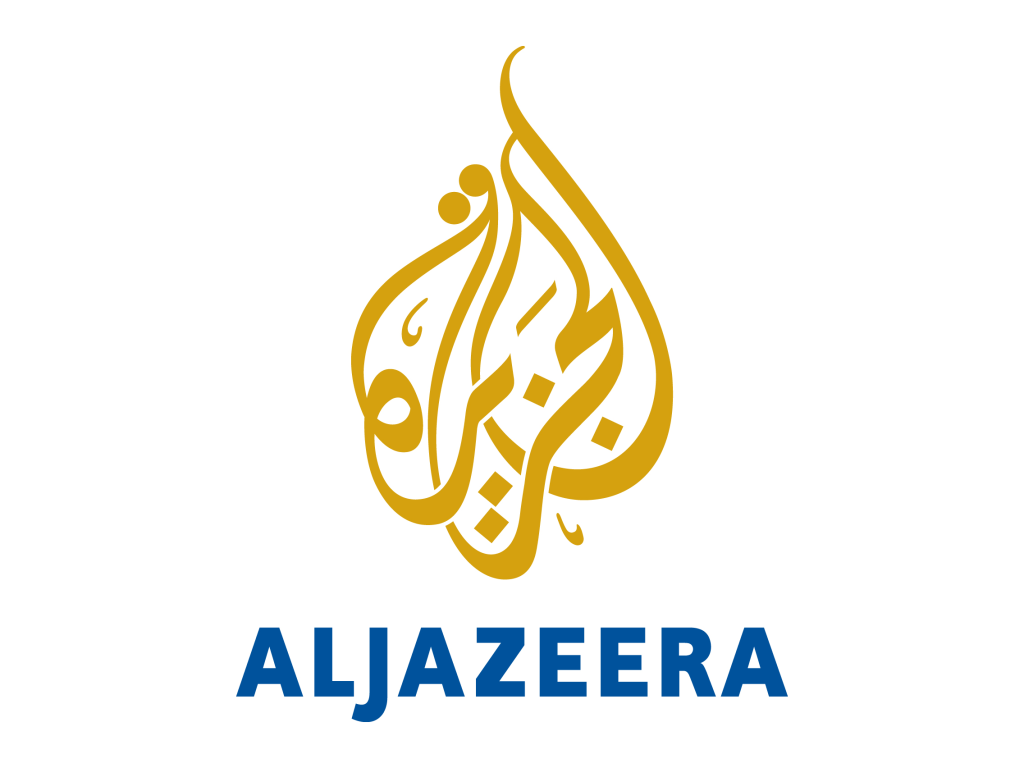ARTICLE AD
Critics of pier plan for aid delivery by sea demand Israel open land crossings as Gaza humanitarian crisis deteriorates.
Published On 10 Mar 2024
The United States military has dispatched a ship carrying equipment to build a temporary pier off the coast of Gaza to deliver humanitarian supplies by sea amid increasing numbers of Palestinians dying of starvation and a widening famine as Israel obstructs aid operations.
The vessel, General Frank S Besson, left a Virginia base “less than 36 hours after President Biden announced the US would provide humanitarian assistance to Gaza by sea,” the military’s Central Command (CENTCOM) said on Sunday.
The logistics support vessel is “carrying the first equipment to establish a temporary pier to deliver vital humanitarian supplies”, it said.
On March 9, 2024, U.S. Army Vessel (USAV) General Frank S. Besson (LSV-1) from the 7th Transportation Brigade (Expeditionary), 3rd Expeditionary Sustainment Command, XVIII Airborne Corps, departed Joint Base Langley-Eustis en route to the Eastern Mediterranean less than 36 hours… pic.twitter.com/X70uttuY9J
— U.S. Central Command (@CENTCOM) March 10, 2024
US President Joe Biden said in his State of the Union speech on Thursday that he was directing the military to lead an emergency mission to set up a pier off Gaza’s Mediterranean coast to receive ships carrying food, water, medicine and temporary shelters.
Biden’s announcement followed warnings from the United Nations of widespread famine among Gaza’s 2.3 million people five months after Israel launched its offensive in the Strip in response to a Hamas-led attack.
Gaza has no port infrastructure. The US initially plans to use Cyprus, which has offered a process to screen the cargo that would include Israeli officials, doing away with the need for security checks in Gaza.
Construction of the pier and causeway connecting it to land will take as long as 60 days and require about 1,000 US troops, Pentagon Press Secretary Patrick Ryder said on Friday. The soldiers will remain offshore.
“If the US was serious, it would have pressured Israel into opening the land crossings and allowing aid and relief in as well as stopping the onslaught. We have not heard Biden call for a stopping of the war or even a ceasefire,” Mohammed al-Masri, from the Palestinian Center for Research and Strategic Studies, told Al Jazeera.
“What is important for the Palestinians is that Biden pressures Israel, because he is a partner in the ongoing war. What prompted him to establish this port is his precarious situation among US voters and the opinion polls showing he is on shaky ground with minorities,” he added.
Separately, a ship carrying 200 tonnes of humanitarian aid for Gaza was preparing to leave Cyprus along a maritime corridor the European Union hopes will open by Sunday.
Sigrid Kaag, the UN senior humanitarian and reconstruction coordinator for Gaza, has said air and sea deliveries will not make up for a shortage of supply routes on land.
The existing land crossings are also faster, safer and more economical than either the maritime route or airdropping aid.
Aid groups estimate at least 1,300 trucks of humanitarian relief supplies are needed to enter Gaza each day.
Israel has blamed the hunger crisis on UN agencies, saying they are failing to distribute supplies piling up at Gaza border crossings. The UN Relief and Works Agency for Palestinian Refugees in the Near East (UNRWA), the largest UN agency in Gaza, says Israel restricts goods and imposes cumbersome inspections that slow entry.
The executive director of the US arm of the medical charity Doctors Without Borders (MSF), Avril Benoit, said the US plan is a “glaring distraction from the real problem: Israel’s indiscriminate and disproportionate military campaign and punishing siege”.
Al-Masri said many questions remain regarding the establishment of the port.
“If Israel invades Rafah and the border crossing closes, will this port become an exit point for Palestinians? Who will provide security to the humanitarian aid being sent to the port, and who will carry out the actual distribution? Who will manage this large relief operation?” he asked.
Al-Masri noted Israel forces previously attacked police in Gaza when they tried to secure relief distribution. “And they will not allow the Palestinian Authority to have a role, so who will it be?”
Since 1967, Israel has exercised full control of Gaza’s coastline and territorial waters, blocking ships from reaching the strip.
Since 2007, Israel has shut almost all of Gaza’s border crossings, and its port has been under Israeli naval blockade, making it the only seaport in the Mediterranean closed to shipping.
Source
:
Al Jazeera and news agencies

 9 months ago
56
9 months ago
56 
